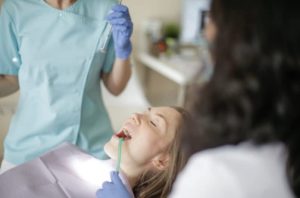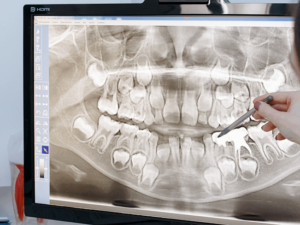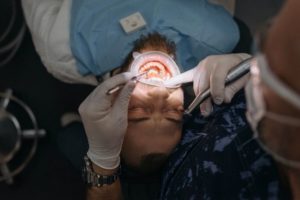People move away from you when you speak? Then like 65% of the population, you probably have bad breath or better known as halitosis. Still, it is possible to combat this problem. We also invite you to watch our video explaining the causes and treatments to bad breath.
Bad breath: origins
Although the causes of bad breath may be different, one thing that we can be certain of is that this phenomenon remains predominant in the morning. Saliva production is reduced during night time; bacteria proliferate and begin the process of decomposition of food debris, which then results in halitosis. What if bad breath persists during the day? We can suspect dietary problems (alcohol, coffee, garlic, onion, cheese, cold cuts, drugs, narcotics, tobacco), dental diseases such as the presence of cavities, defective restorations, gum inflammation ( gingivitis) which can result with the retention of food particles between the teeth and in the cavities. If following the analysis of these assumption the problem remains, then be aware that certain diseases can lead to halitosis like diabetes, malfunction of liver or kidney, respiratory problems such as pulmonary disorders, sinus infection, gastric acidity or stress.
Bad breath: treatments
Whatever the reasons that cause bad breath, it is still possible to fight it. Indeed, proper oral hygiene often helps. We’re talking about brushing your teeth regularly and tongue at least three times a day. Also remember to floss daily. To kill bacteria, you can also rinse your mouth for at least 30 seconds with chlorhexidine, or cleaning your gums with a mix of hydrogen peroxide and baking soda. Not enough? Try these tips: you can drink green tea, suck a clove or cinnamon stick or chew the leaves of parsley or fennel seeds. Finally, if your halitosis problem stems from a systemic disease, it is recommended to consult your family doctor. According to the established diagnosis, your doctor will then be able to prescribe the appropriate treatment.
Contact us at 450-691-0711 or fill out the form below:
[contact-form-7 id= »18559″ title= »Appointment form »]





